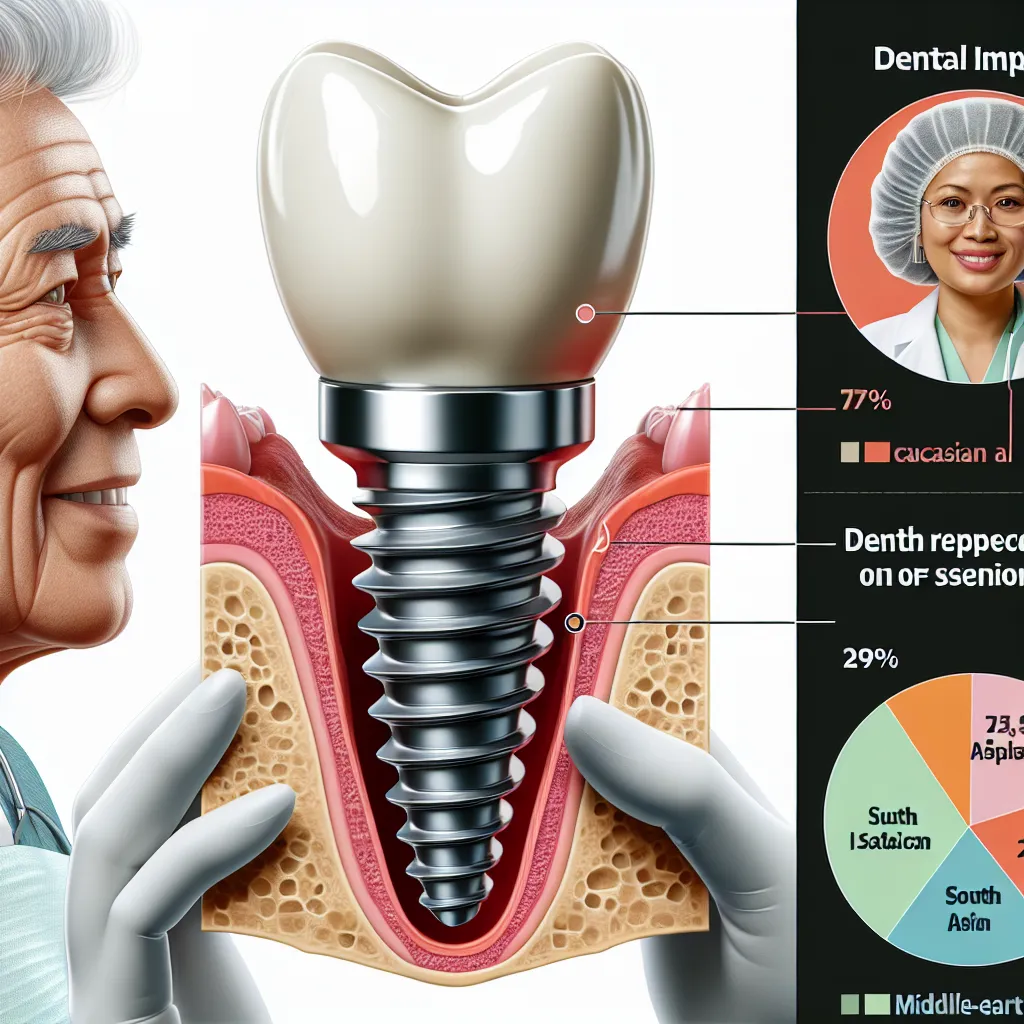Dental Implants For Seniors
Dental Implants For Seniors
As we age, our dental health becomes increasingly important. One common issue that many seniors face is tooth loss, whether due to decay, gum disease, or accidents. Dental implants have become a popular and effective solution for seniors to restore their smiles and improve their quality of life. In this article, we will explore the benefits, considerations, and process of dental implants for seniors.
The Importance of Dental Health for Seniors
Oral health plays a crucial role in our overall well-being, regardless of our age. However, for seniors, maintaining good dental health becomes even more critical. Poor oral hygiene can lead to various health problems, including heart disease, diabetes, and respiratory infections. Additionally, tooth loss can affect speech, chewing ability, and self-confidence.
While dentures and bridges have been traditional solutions for replacing missing teeth, dental implants offer a more permanent and natural-looking alternative. Dental implants are titanium posts that are surgically placed into the jawbone, providing a strong foundation for replacement teeth, such as crowns or dentures.
The Benefits of Dental Implants for Seniors
1. Improved Oral Health: Dental implants function like natural teeth, allowing seniors to maintain proper oral hygiene. Unlike dentures, implants do not require removal for cleaning, reducing the risk of oral infections.
2. Enhanced Chewing Ability: Dental implants provide a stable and secure bite, enabling seniors to enjoy a wider range of foods. This can improve their nutrition and overall health.
3. Restored Speech: Missing teeth can affect speech clarity and pronunciation. Dental implants help seniors regain their natural speech patterns, enhancing communication and self-confidence.
4. Long-lasting Solution: With proper care and regular dental visits, dental implants can last a lifetime. This makes them a cost-effective solution compared to dentures or bridges, which may require frequent replacements.
5. Improved Facial Appearance: Tooth loss can lead to facial sagging and a prematurely aged appearance. Dental implants preserve the natural contours of the face and prevent bone loss, resulting in a more youthful look.
6. Increased Self-Confidence: Dental implants provide seniors with a natural-looking and permanent solution for their missing teeth. This boosts their self-esteem, allowing them to smile, speak, and eat with confidence.
Considerations for Seniors
While dental implants offer numerous benefits, there are certain factors that seniors should consider before opting for the procedure:
1. Overall Health: Seniors with certain medical conditions, such as uncontrolled diabetes or radiation therapy in the head or neck area, may not be suitable candidates for dental implants. It is essential to consult with a dentist or oral surgeon to determine eligibility.
2. Bone Density: Adequate bone density is necessary for successful dental implant placement. Seniors with significant bone loss may require additional procedures, such as bone grafting, to ensure implant stability.
3. Healing Time: Dental implant surgery requires a period of healing and osseointegration, during which the implant fuses with the jawbone. Seniors should be prepared for the time it takes for the implants to fully integrate before receiving their replacement teeth.
4. Cost Considerations: Dental implants can be more expensive initially compared to other tooth replacement options. Seniors should evaluate their budget and consider potential long-term savings and benefits before making a decision.
The Dental Implant Process
The dental implant process typically involves several stages:
1. Initial Consultation: The first step is to consult with a dentist or oral surgeon who specializes in dental implants. They will evaluate the patient’s oral health, discuss treatment options, and determine if dental implants are the right solution.
2. Treatment Planning: If dental implants are a suitable option, the dentist will create a personalized treatment plan. This may involve taking dental impressions, X-rays, and CT scans to assess bone density and plan the implant placement accurately.
3. Implant Placement: During a surgical procedure, the dental implant is placed into the jawbone. The area is then left to heal for a few months, allowing the implant to fuse with the bone through a process called osseointegration.
4. Abutment Placement: Once the implant has fully integrated, an abutment is attached to the implant. The abutment serves as a connector between the implant and the replacement tooth or teeth.

5. Replacement Teeth: After the gums have healed around the abutment, custom-made replacement teeth, such as crowns or dentures, are attached. These replacement teeth are designed to match the natural teeth in color, shape, and size.
6. Follow-up Care: Regular dental check-ups and proper oral hygiene are essential to maintain the longevity of dental implants. Seniors should continue to brush, floss, and visit their dentist for routine cleanings and examinations.
Conclusion
Dental implants offer a reliable and long-lasting solution for seniors dealing with tooth loss. They provide numerous benefits, including improved oral health, enhanced chewing ability, restored speech, and increased self-confidence. However, seniors should consider factors such as overall health, bone density, healing time, and cost before opting for dental implants. Consulting with a dental professional will help determine the suitability of dental implants and create a personalized treatment plan. With proper care and maintenance, dental implants can significantly improve the quality of life for seniors, allowing them to enjoy a healthy and confident smile.
